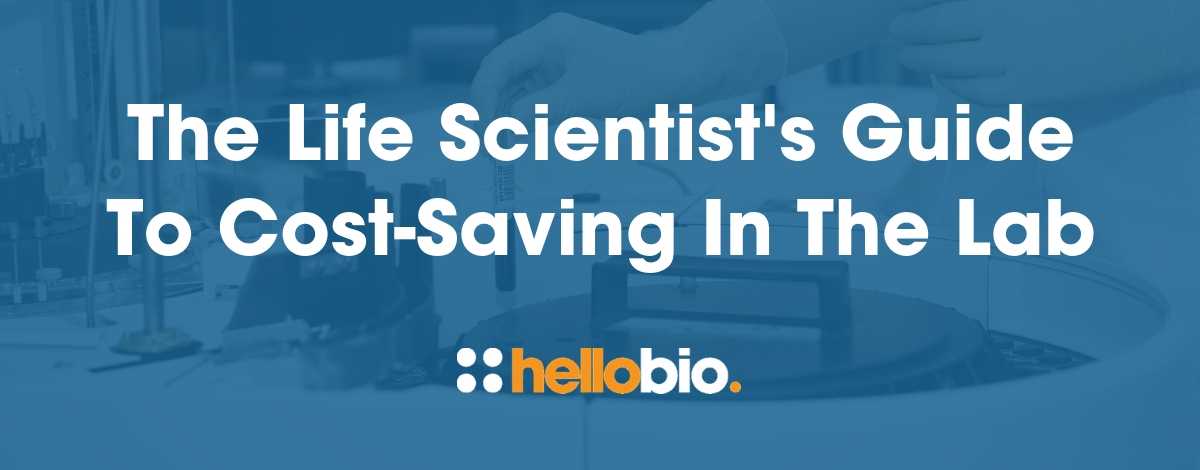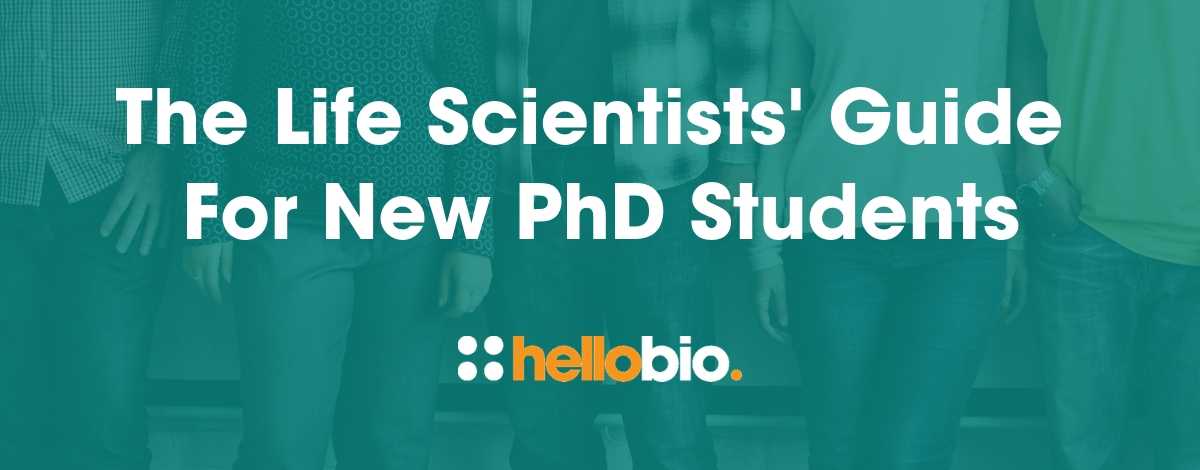Meet Our Lab Heroes Awards-TM 2019 Runner-Up: Gabrielle Todd
Meet Gabrielle Todd, Lab Manager of The Scimemi Lab at the University at Albany, and one of our two Lab Heroes AwardsTM 2019 Runners-Up! Gabrielle received glowing nominations from her lab colleagues, who told us how incredibly supportive, positive and hardworking she is. They also highlighted her skills as a mentor to students, as well as her dedication and diligence in ensuring that everything in the lab runs smoothly.
Gabrielle has been involved in scientific research from an early age. In high school, she spent two summers working as an intern at 3-Dimensional Pharmaceuticals (since acquired by Johnson & Johnson) where she helped develop high through-put drug discovery assays. She then went on to obtain a BA in Biology from Cornell University in 2006 and performed undergraduate research on sigma factors in Bacillus subtilis. Gabrielle completed her PhD in Chemical Biology at the University of Michigan in 2012 where she studied the structure-function relationship of bacteriophage mRNA during translational bypassing.
After graduation, Gabrielle worked as a postdoc in the Microbiology and Immunology Department at the University of Michigan studying the role of RNA in HIV viral particle assembly. In her second postdoc at SUNY at Albany, she worked on the design of antibiotics that interfered with T-box transcription regulation in Gram-positive bacteria. After taking some time off after her daughter was born, she is now working as the Lab Manager for Dr. Annalisa Scimemi at SUNY at Albany.
Great to speak to you, Gabrielle! And congratulations! How did it feel when you found out you were one of our Lab Heroes Awards runners-up?
I was very excited to be nominated as a Lab Hero and I feel very honored to have won runner-up in this contest.
Why do you think it’s so important to champion life science researchers, and what more could be done to show life scientists recognition?
It is a tough job that requires patience and diligence. Often we don’t see results for months or years, but our work is very beneficial for mankind. Awards and honors such as the Lab Heroes AwardsTM help boost morale along the way.
What are you planning on using your Hello Bio vouchers and travel grant for?
Our lab uses cutting edge fluorescent microscopy techniques to study neural circuitry in the brain. The vouchers will be used to purchase supplies supporting this research. The travel grant will be used to share our results at the next Society for Neuroscience meeting in October 2020.
What made you want to become a scientist?
My father is a biochemist and he inspired me to study biology in college and pursue a PhD in Chemical Biology.
Tell us a bit more about what you're working on in the lab at the moment...
Currently I am working to quantify the number of glutamate transporters on the surface of astrocytes in the hippocampus. With this information we can correlate glutamate signalling with learning and memory.
What does a typical day in the lab look like for you?
I manage our lab’s colony, train undergraduates and design and optimize new techniques for the lab.
What is it about your field of research that gets you most excited?
I am especially interested in questions relating to how the gut micobiome can alter brain activity, animal behavior and impact neurological diseases.
What do you think are the biggest challenges facing life scientists right now?
Sadly, it appears that the academic model in the US is no longer functional. The grant funding rates are not sustainable and the academic job prospects for graduating PhDs are very low. I think the whole system needs to be restructured in a way that produces fewer PhDs, but provides more long-term career opportunities for those graduates. And the US government needs to increase federal grant funding to keep our science competitive globally.
What advice would you give to life scientists just starting out in their careers?
Only do a PhD if it suits your career goals and don’t assume that you will be able to obtain a faculty position after you graduate. During your PhD it is easy to get bogged down in the details of your project and neglect your future. However, you should always be thinking ahead about the next job and participating in activities that will steer you in the direction you want to go.
So many people who nominated you commented on your brilliant organizational skills. What are your top tips for creating an organized and productive lab?
Details matter. While it takes an initial time investment to establish an organizational system and some time to maintain records, the long term benefits are huge and the quality of the science increases exponentially.
Which scientists working today do you most admire, and why?
My employer, Professor Annalisa Scimemi, and my husband, Professor Edmund Palermo. It is amazing to see their creativity when coming up with new experiments to try, and I admire their perseverance despite the tough funding environment.
What’s your favorite science quote?
“Imagination is more important than knowledge.” - Einstein
What do you think is the greatest scientific discovery of all time?
The birth control pill. This invention enables women to plan when / if to have families, which allows them to pursue an education and / or participate in the workforce.
________________________________
Thank you so much for speaking to us Gabrielle, and congratulations again on being named one of our Runners-Up!
Gabrielle’s research funding comes from the National Institutes of Health (NIH) and the National Science Foundation (NSF).
You can connect with Gabrielle on LinkedIn here.
You can meet all our Lab Heroes AwardsTM 2019 prize-winners here.
________________________________
As well as supporting and recognising scientists through our Lab Heroes AwardsTM , we also offer other resources for scientists on our blog. We are passionate about supporting life scientists, early career life scientists and PhD students - with really low- priced reagents and biochemicals, travel grants, and resources to help with both personal and professional development. We know how tough it is - so we hope you find these helpful!
Advice & guidance for life scientists
Click below to view our of essential guides and articles includes to support life scientists, PhD students & early career life scientists:
Travel grants
Every month we give away $500 to PhD students and Postdocs so that they can attend a scientific conference - click below to find out more:
Wellbeing for scientists
Click below for our resources to help improve your wellbeing:
Technical resources
Try our Molarity Calculator: a quick and easy way to calculate the mass, volume or concentration required for making a solution.
Try our Dilution Calculator: an easy way to work out how to dilute stock solutions of known concentrations
Click below to see our Mini-reviews, Pathway Posters & Product Guides: a set of technical resources to answer your questions on a wide range of topics and to help you get started quickly.

And - when you get to the stage of planning your experiments, don't forget that we offer a range of agonists, antagonists, inhibitors, activators, antibodies and fluorescent tools at up to half the price of other suppliers - click below to see how we compare with other suppliers:




















